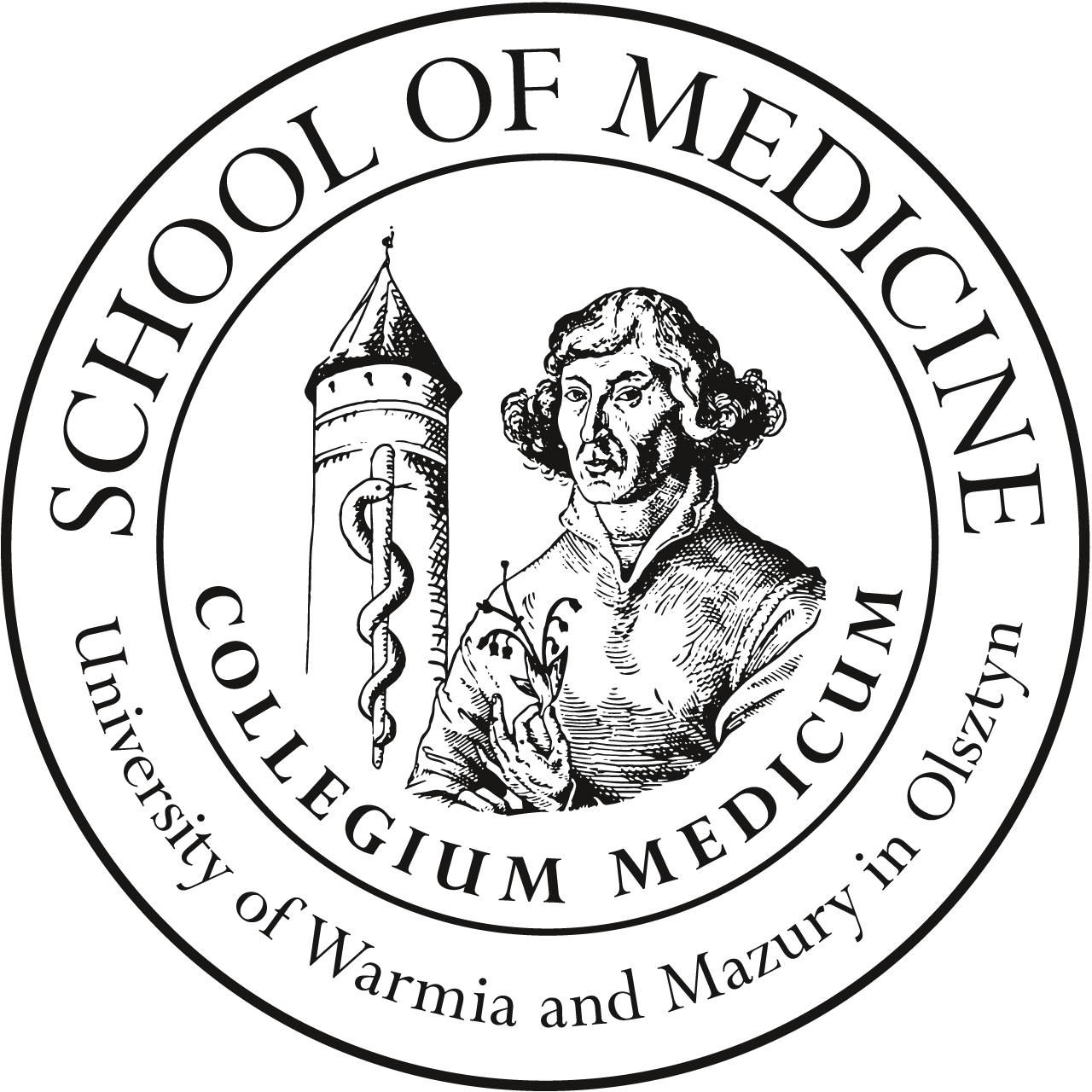REGULATIONS
1. General informations
1.1 The subject is carried out by the department of Emergency Medicine
1.2The course coordinator is Rakesh Jalali, MD, specialist in emergency medicine and anaesthesiology and intensive care
Employees responsible for the implementation of thesubject
A. classes - Rakesh Jalali, MD Joanna Malinowska, Dariusz Uryszek and Grzegorz Dałek
1.3The place, time and subject of individual forms of classes and credits are specified in the following documents: study plan, syllabus, schedule and topic of classes.
- Subject "Emergency medicine 2/2" includes courses in emergency medicine for sixth year medicine students and takes place during one semester (summer semester).
- All classes are held according to the schedule provided in the timetable. The place of classes is specified in the schedule.
2. Class attendance, excuses and making up for absence
- Before starting the classes student should be familiar with these regulations and adhere to its decisions. This is confirmed by signing a relevant statement prior to the first class.
- The teacher is obliged to acquaint students with the regulations prior to the first class.
- The student is obliged to comply with the regulations of the center, which hosts classes.
- Before entering the class outer garments should be left in the locker room. Student is obliged to obtain a doctor's white coat, stethoscope, footwear and the identification card.
- All classes are held according to the schedule provided in the timetable. Students and tutors apply punctuality.
- Classes take the form of practical teaching with the patients, and the use of ALS simulators.
- In place of classes students should maintain order and cleanliness. Smoking or eating is not allowed.
- The student is required to prepare for each class according to the existing program (included in the syllabus). During each class the student can be checked by the teacher for preparation for the topic both orally and by writing a pretest.
- At the end of the classes students write posttest. To past the test student need to gain 60% correct answers
- Attendance at exercises is mandatory. One excused absence is allowed during the academic year. In the case of excused absence student is required to pass orally the content of the abandoned subject and make up class after a prior appointment with the assistant doctor. The student is obliged to make up for the absence in the same semester in which he left the classes
- Head of the subject after each semester will receive a list of attendees and a list of students who have not fulfilled the above conditions under which it is possible to complete the course.
3. The credit
1. The subject is completed by an exam in a written, oral and practical form. The student is admitted to the first part of the written exam (100 multiple choice questions test) after obtaining positive results from all pretests and posttest.To pass the written exam student shoul gain 60% correct answers.The student is admitted to the second part of the exam (practical) after obtaining a positive evaluation of the test. The student is admitted to the third part of the exam after obtaining a positive evaluation of the test and the practical part .The student has the right to 2 retake dates
4. Evaluation- Marks are given according to the percentage scale ratings:
<60% - 2,0
60% - 70% - 3,0
71% - 79% - 3,5
80% - 85% - 4,0
86% - 92% - 4,5
93% - 100% - 5,0
5.Academic rule of law and integrity
6. Use of any didactic teaching aids or communication devices during posttest or pretests is prohibited. Violation of this rule results in receiving an unsatisfactory grade - FAIL grade.
9. Issues not regulated in the presented regulations of classes in the Emergency Medicine 1/2 subject in the Department of Emergency Medicine remain the responsibility of the Head of the Department and Subject Coordinator- Rakesh Jalali MD
10.The classes are in accordance with the UWM Study Regulations and the procedures which are in force at the Faculty of Medicine.
11.The student is required to read the health and safety rules of the place of classes and the EU directive GDPR


